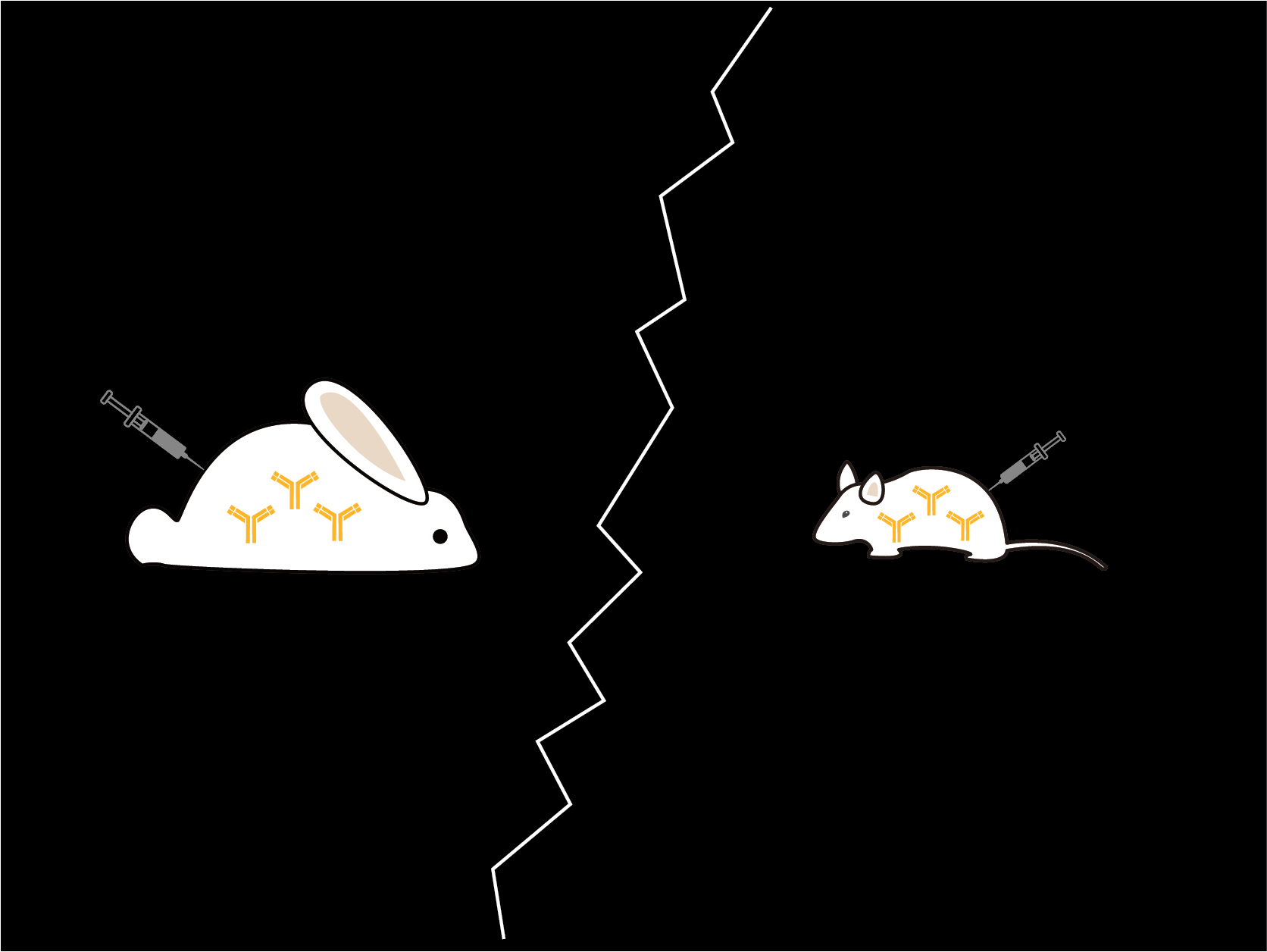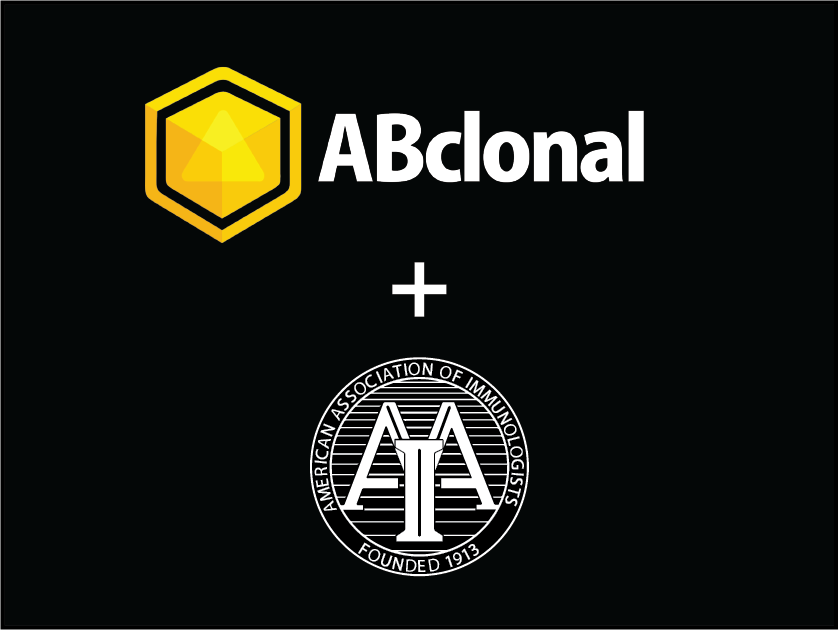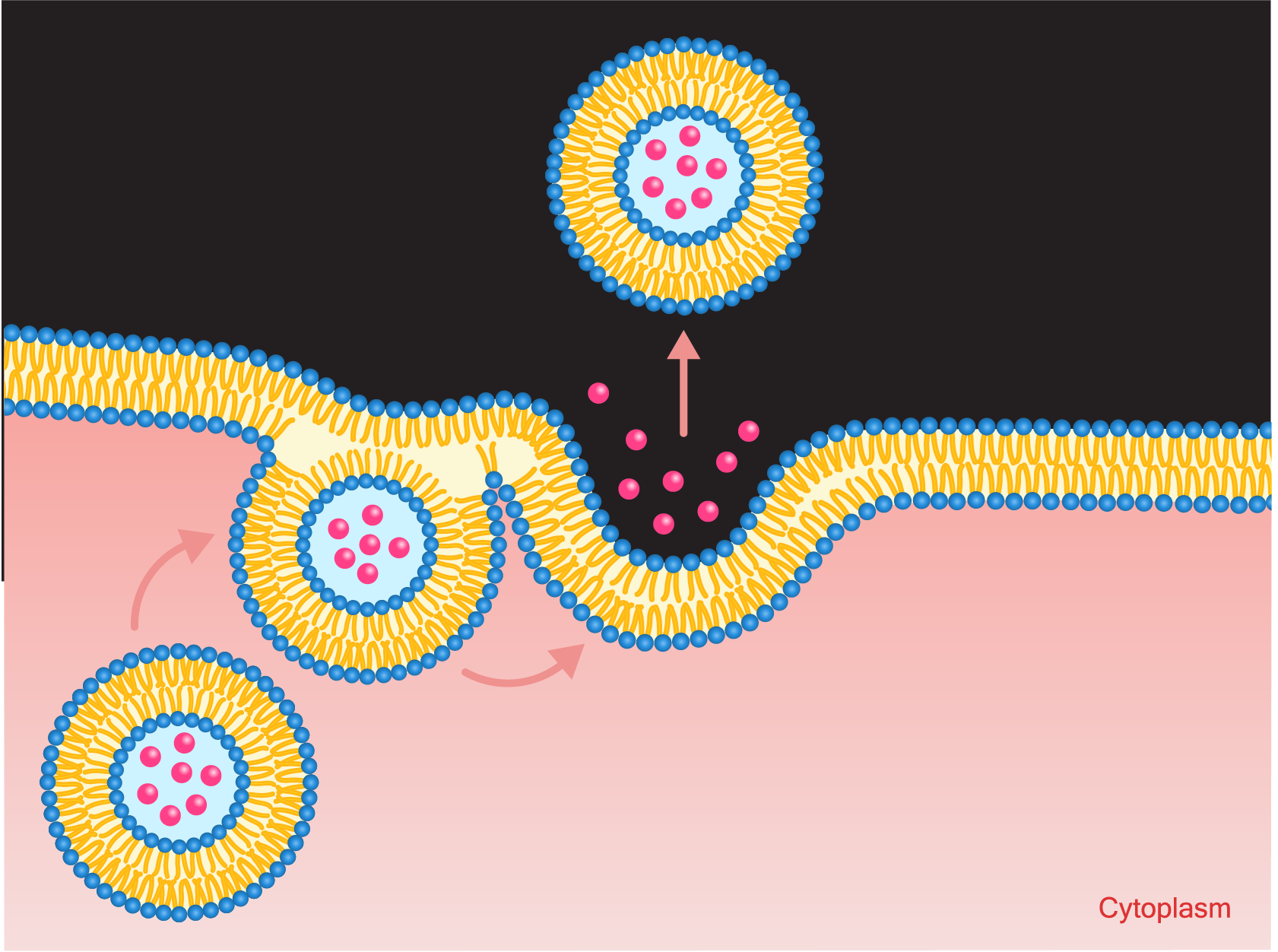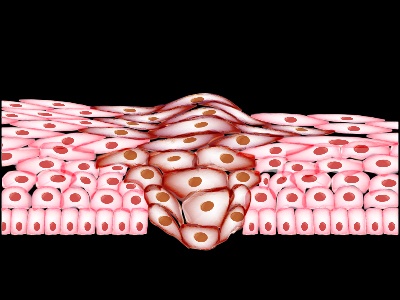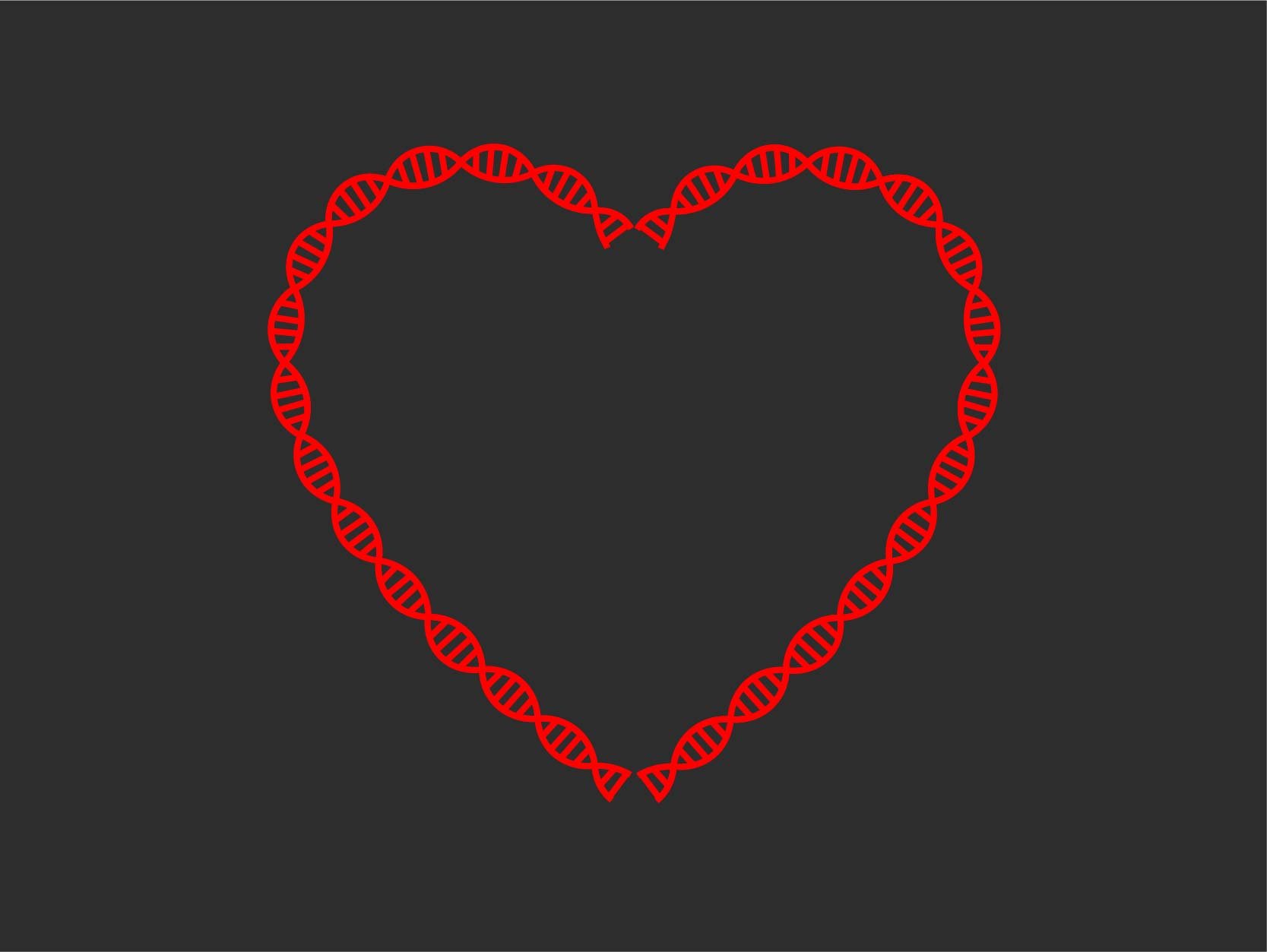Last week, ABclonal Technology set foot on the "Land of the Rising Sun" to attend the 17th International Biotech and Life Sciences Exhibition & Conference. One of our technical sales specialists from the Boston office, Giovanni Musto, joined our colleagues in Japan for the exhibition. Here are some highlights from his trip.
What are the Differences Between Rabbit and Mouse Antibodies?
Antibodies are the most commonly used tools in biological research. They are used in various applications such as Western Blot (WB), Immunoprecipitation (IP), Immunofluorescence (IF), Immunohistochemistry (IHC) and enzyme-linked immunosorbent assays (ELISA). Two of the most common hosts for producing research antibodies are rabbits and mice, but what are the differences between rabbit and mouse antibodies? Which antibody would be best suited for your research?
During the passed weekend, ABclonal Technology had the honor to join esteemed immunologists around the world for the Immunology 2018 conference held in Austin, Texas (go Longhorns). Let's check out some of the highlights.
Although exosomes were discovered over five decades ago, interest among the scientific community didn’t pique until much later. Specifically, in the last ten years, the number of annual publications about exosomes have almost increased by tenfold (from 1,570 published papers in 2007 to 14,000 in 2017). But what exactly are exosomes and what justifies the frenzy?
Epithelial-mesenchymal transition (EMT) plays an important role in the development of embryos and the maintenance of normal human tissue structure and function. Nowadays, more and more studies have shown that cellular plasticity is also regulated by this transition, and EMT is the most critical process in the initial phase of cancer metastasis.
Genetic Matchmaking: Are We Predetermined to Love Someone?
Doesn’t everyone have that one friend or relative who always says “I know someone who will just be perfect for you”? Usually, the claim is based on knowledge of personality and common interests between you and the potential Mr./Mrs. Perfect. However, in the past two decades scientists have suggested a more innate predictor to attractiveness – genetics. More specifically, alleles in the human leukocyte antigens (HLA) genomic region.





